‘Vulgar’: Why you can now hear the ‘C-word’ on TV
It was once considered to be the crudest and most taboo profanity in the English language. But today, Aussies are totally obsessed with it.
TV
Don't miss out on the headlines from TV. Followed categories will be added to My News.
There’s a scene in the popular recent New Zealand series After the Party that’s so shocking, it makes you rewind and check you heard correctly.
In an episode of the critically acclaimed show, Robyn Malcolm, who plays exasperated high school teacher Penny, calls a troublesome young male student a “c**t”.
She’s forced to apologise by a parent.
The word isn’t bleeped out in the bold scene. It certainly makes for gripping viewing. And no doubt many teachers who’ve bitten their tongues over the years will relate hard.
Meanwhile, Charlotte Cosby, from UK reality TV show Geordie Shore, was stunned to hear just how often the word was used (mostly by the female cast members) of new reality series Aussie Shore when she joined the show, telling news.com.au recently: “In England [on Geordie Shore] we were only allowed to say one c**t per episode, and even then it’s not really allowed”, adding that frequent usage on the Aussie version would be bleeped out for British audiences.

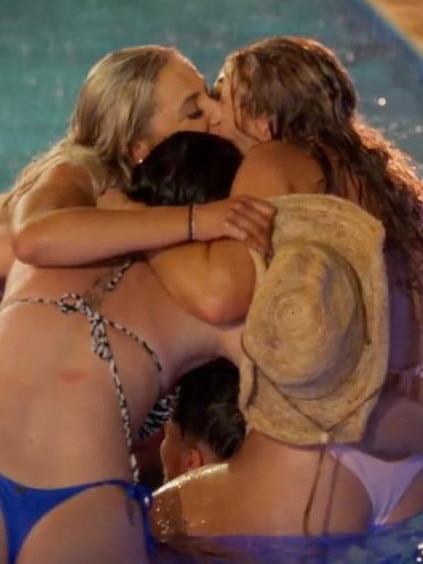
The “C-word” was once widely perceived as the crudest and most taboo profanity in the English language.
As such, its usage on TV was either outright banned or strictly regulated to X or R-rated shows, not suitable for children.
But now it has crept onto TV programs which families may sit down to watch together.
It’s causing outrage among Australian parents, but intense intrigue among Australian language experts.
A combination of streaming services making the “watershed” redundant and its increased usage in TV scripts, linguists says, may decrease its stigma, power and status as the single most shocking, profane and offensive expletive in the English language.
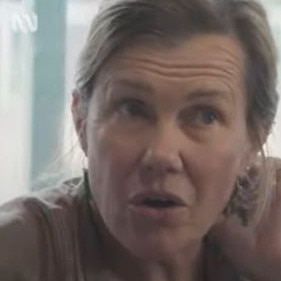
Australia’s special relationship with the ‘C-word’
Australia has become known as a place that’s more relaxed about the C-word than other English speaking countries.
That said, many news outlets will still bleep out the word with asterisks to spare the blushes of their readers.
A modern day maxim notoriously states: “Australia: where you call c***s ‘mate’ and your mates ‘c**t’.’’
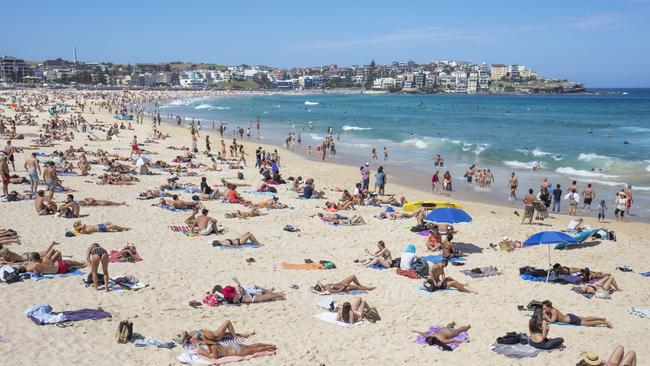
That’s affectionate street slang, though. What about what we can now get away with broadcasting?
Turns out, quite a lot.
With the nature of streaming TV – more international and no longer time-bound by watersheds or public broadcasting regulations to protect the ears of innocent children – many American and British dramas now include the word unbleeped for Aussie audiences of any age to hear.
Traditionally, when the British have wanted to analyse how such an obscenity has gained potency over time while other rude words have lost their power, it’s a notorious Australian firebrand they call upon.
‘It makes strong men go pale’
Germaine Greer has been explaining the C-word to international audiences for so long, it has become linked to her unique brand.
In her seminal 1970 book The Female Eunuch, she described it as “the worst name anyone can be called”. It’d take another two years before the prudish Oxford English Dictionary even dared include it in their 1972 print edition.
Ever the radical, back in the 70s, Greer championed the C-word, arguing it should be an “ordinary everyday word” and not an abusive one.
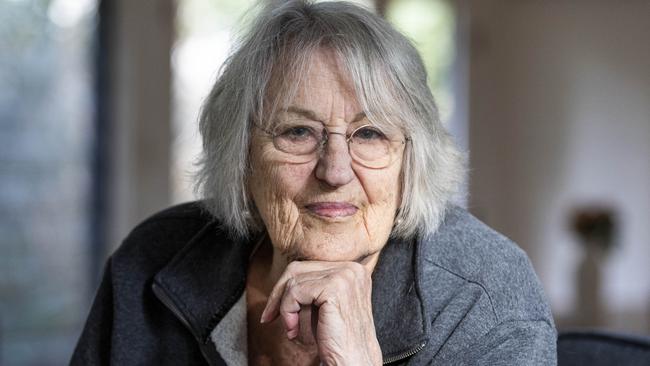
She didn’t need to tell Australian stand-up comedian Rodney Rude twice. Referring to his audience as “c**ts”, he was arrested in Queensland and Western Australia for breaching the obscenity laws of those states in the mid-1980s.
Greer was called upon in 2010 by BBC language show Balderdash and Piffle to do a segment on its history and its future. In it, after painting the word in huge red letters on a wall, she said she no longer wanted the “immensely powerful sacred word” to be tamed because you can use it “like a torpedo” and “make strong men go pale” by using it “sparingly”.
It was around that time, though – and certainly since – that usage of the word exploded onto our TVs.
Which begs the question – could it ever even become a child-friendly word? One Australian linguist says she thinks so, to the outrage of some parents.
Charisma, uniqueness, nerve, talent
Sex and the City, the defining show of the 2000s, became known for breaking ground and the C-word was no exception, although, tellingly, neither of the notable mentions were sex scenes.
Five episodes in, an artist shows Charlotte a series of paintings he has named The C**t. In the final ever episode, Samantha calls Carrie a “c**t”, and now we know about their off-screen relationship, maybe she wasn’t really acting.
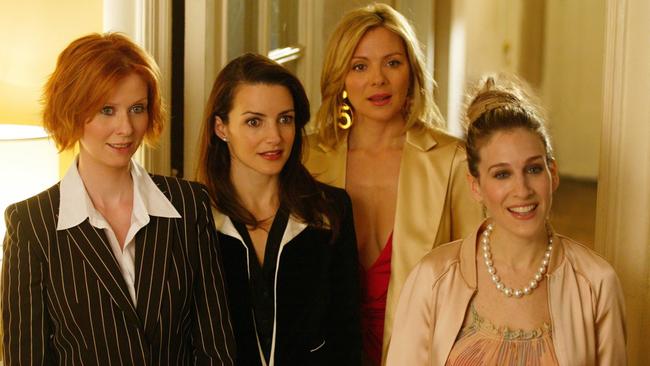
Until recently, each time that word was mentioned in a modern TV show over the past couple of decades, it was either a water cooler moment or an incident notable enough to go down in broadcasting history.
Tina Fey’s curse-happy character in 30 Rock took exception to being called it by a male subordinate in 2007.
“There’s nothing you can call a guy back,” she said.
“There is no male equivalent to that word.”
The scene is based on a real encounter the actress experienced.
A 2016 House of Cards episode made the word a punchline in a memorable scene when the Washington Post editor tells the story of a freshman girl asking another pair: “Hi. Where y’all from?” The second girl responds: “We’re from a place where we know not to end a sentence with a preposition.” The first girl’s riposte: “Oh, beg my pardon. Where y’all from, c**t?”
Other shows which have made headlines for using the word in their scripts include Game of Thrones, Six Feet Under, The Sopranos and Feud.
RuPaul’s Drag Race places the word back to its LGBTQI roots (New York’s ballroom vogueing scene used to denote feminine superiority and power) by telling aspiring drag queens they need to serve “Charisma Uniqueness Nerve and Talent” (pronounce the acronym). It’s a euphemistic device earlier used by Australian comedic singer Kevin Bloody Wilson, who sang Caring Understanding Nineties Type.
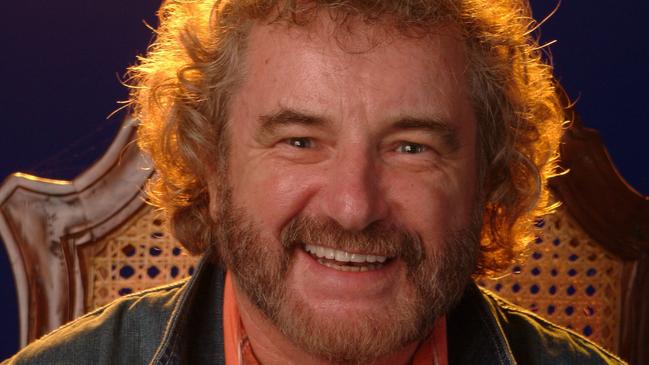
Last year, Rolling Stone reported: “Thanks to LGBTQ people … a new generation has been reclaiming ‘c**t’ online, eliminating its misogynistic meaning and positioning it as something aspirational. ‘Serving c**t’ now connotes ultimate girlboss status … a desirable, energetic, sexual, undeniable kind of confidence and recognition by your peers”.
Todrick Hall cemented such reclaimed meaning with his recent song Cvntress.
The playwright V, formerly known as Eve Ensler, wrote a scene in The Vagina Monologues called ‘Reclaiming C**t’ (the audience is invited to chant the word) and that in itself led to two of TV’s notable mentions by the actresses who performed this monologue: Jane Fonda on The Today Show (US) in 2008 and model Caprice Bourret on This Morning (UK) in 2000 (both had to apologise, proving the need for the monologue).
The ‘unprintable swear word’ was once ‘bloody’
Experts and activists still disagree to what extent the word has been reclaimed so that, linguist Stan Carey says, “words intended as weapons against particular groups are reappropriated by their targets as a way of blunting those weapons and redirecting their force”.
Professor Kate Burridge from Monash University’s School of Linguistics told news.com.au: “These words weaken with time — they lose their pungency and wounding capacity. It’s been dubbed ‘verbicide’. Look at bloody — once such ‘a horrid word’ it was necessary to camouflage it in print as b****y),” she said.
“It was ‘the Unprintable Swear Word’.”
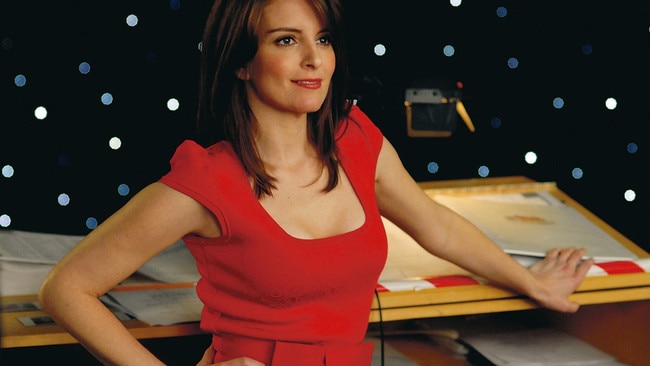
She added that radio is “more squeamish” about the C-word than TV, and TV broadcasters can get away with more than “stricter” radio regulations.
Others are less convinced we can uncouple the word from the sexism and misogyny with which it has become loaded, although linguists have pointed out it originally wasn’t considered profane, and in the 14th century was routine enough to appear in street names, surnames and even medical books.
Australian scholar Emma Alice Jane has described how the term as used on modern social media is an example of “gendered vitriol and misogynistic e-bile”.
And Oxford University linguistics professor Deborah Cameron has said: “Personally I’m never going to love these attempts to invest c**t with positive/power-related meanings, because I don’t think you can get away from the long history of misogynist usage of the word”.
‘A step too far’
News.com.au spoke to a range of parents, grandparents and women about their views on hearing such a potentially misogynistic word broadcast with increasing frequency.
Many parents and grandparents, such as Susanne Gervay OAM, expressed deep concern.
“As a young adult fiction writer myself, I never use the C-word,” she said.
“It’s so negative, especially to women/girls. It removes all respect, it’s an attack against them. “While language has become ‘looser’, this is a step too far.”
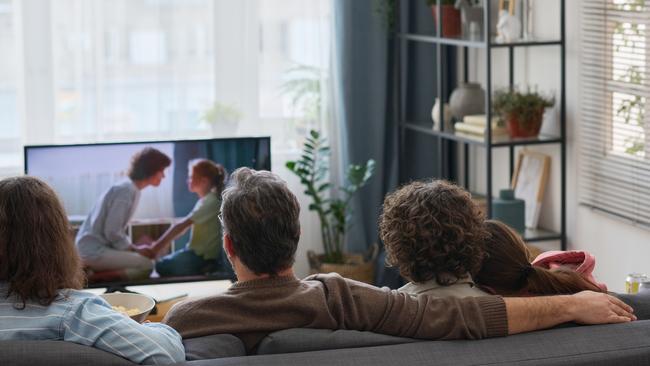
Parenting coach Zohaib Sunesara said that, as a father of a young son, he had deep concerns about the increasing presence of the C-word in media accessible to children.
“This word isn’t just vulgar – it carries offensive and demeaning undertones that we definitely don’t want our children repeating as acceptable language,” he said, adding that preventive measures – such as parental controls to filter streaming services – are crucial.
Grandparent Megan Knight went further, saying: “While free expression is important, public arenas such as TV and radio need to have limits of decency and respect – otherwise where does it end?”
“We either have boundaries or we have anarchy – there’s no middle road in this regard. It’s one or the other and we must choose as a society. I vote for decency and respect.”
Some women, though, want to hear it more on TV.
Ashley Bunney, who uses the word to market her business as an “edgy wedding celebrant”, said she’d absolutely love to hear it more on TV.
“Traditionally prim and proper news anchors dropping C-bombs while talking about actual bombs being dropped? Dramatic soap operas (rightfully) calling each other c**ts? Reality shows actually being real? I may actually watch TV again,” she said.
Gary Nunn is a freelance journalist. X: @garynunn1
Originally published as ‘Vulgar’: Why you can now hear the ‘C-word’ on TV




